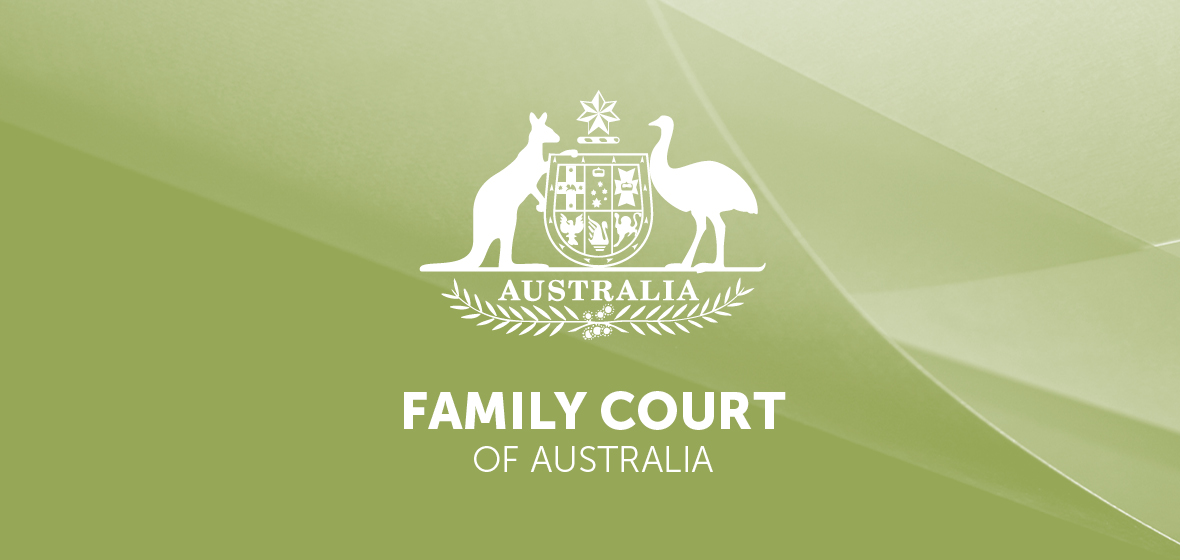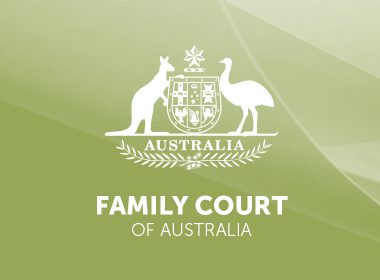Key decisions
- Jess (No 5) [2024] FedCFamC1A 85
- Waldmann & Paddack [2024] FedCFamC1A 100
- Hirota & Meissner [2024] FedCFamC1A 91
- Rossi & Hardwicke [2024] FedCFamC1F 335
PROPERTY
No error in order compelling disclosure of company documents where companies were not party to proceedings after allegedly fraudulent transfer of units in unit trust
In Jess (No 5) [2024] FedCFamC1A 85 (16 May 2024) the Full Court (Alstergren CJ, Austin & Williams JJ) refused an application for leave to appeal by third party respondents against orders for disclosure.
The background includes:
- the husband and wife entering into consent orders premised on a deed of trust in favour of the parties’ son (‘Mr Jess Jnr’);
- the husband later confessing to the wife that the deed was fraudulent;
- the wife filing proceedings to set aside the consent orders; and
- the husband becoming bankrupt and then dying.
The consent orders were set aside pursuant to s 79A(1A) of the Family Law Act 1975 (Cth). The wife then sought s 106B relief to set aside the fraudulent deed. The Court directed all respondents to provide disclosure, including that Mr Jess Jnr provide documents of companies in which he held an interest, irrespective of whether those companies were a party to the proceedings (at [26]).
The third-party respondents appealed, arguing their right to keep documents confidential had been ‘conclusively infringed by the orders’ (at [32]).
The Full Court said (from [73]):
‘[T]he respondents cited authority … [that] tracing claims generally require the party seeking the trace to show an original proprietary right or claim in respect of the property sought to be traced …
[76] Although the wife formerly enjoyed no ownership in the Units, she has a pending claim for a proprietary interest in them, which claim depends upon her antecedent claims for recovery of the Units pursuant to either s 106B of the Act or equitable principles.
[78] [T]he wife’s pending claim for a proprietary interest in the Units … is, or may be, a sufficient foundation for her to trace the Units and the income …
[93] The respondents contended the orders improperly grant the wife “wife-ranging discovery” … to “see whether she has … a case to plead” … which is not accepted.’


